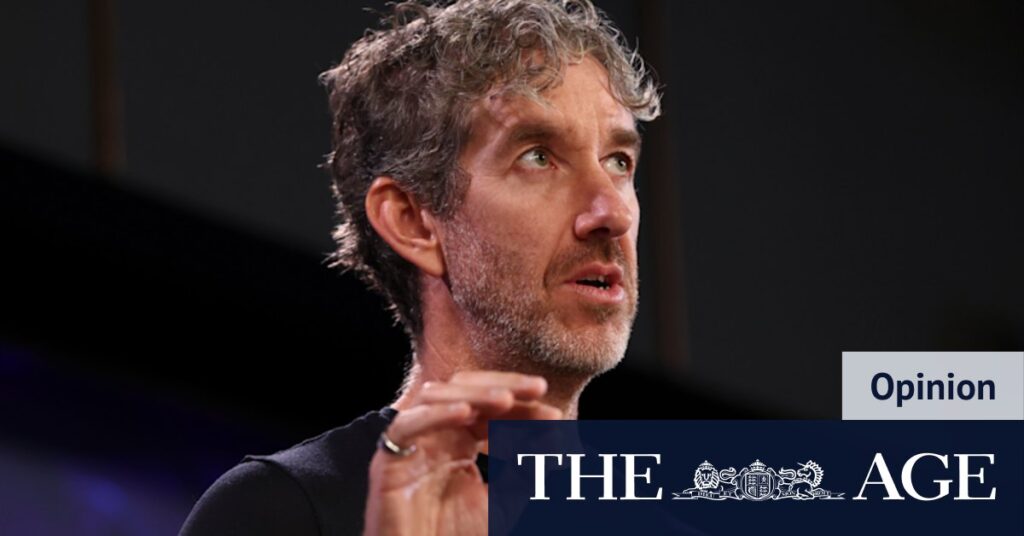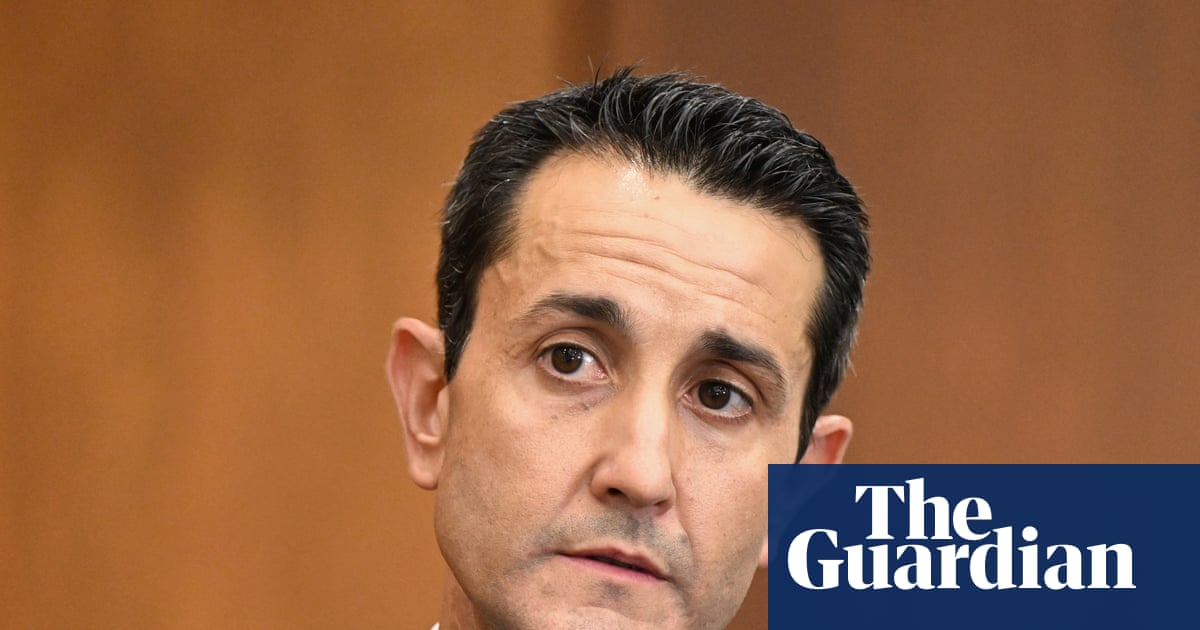
Earlier this month, the much-anticipated launch of OpenAI’s ChatGPT-5 was met with a mix of excitement and skepticism. Promised by CEO Sam Altman to be akin to conversing with “a PhD-level expert in anything,” the AI model quickly became the subject of ridicule as users shared its amusing yet concerning inaccuracies. One user, for instance, asked GPT-5 to generate a map of the United States, only to discover fictional states like Aphadris, Wiscubsjia, and Misfrani. It even struggled with basic tasks such as counting to twelve and misnamed historical figures, referring to President George Washington as “Gearge Washingion.”
These initial blunders, while humorous, underscore a more serious issue: the proliferation of online misinformation. As AI technologies become more integrated into daily life, the potential for widespread dissemination of false information grows, posing significant challenges for users and regulators alike.
The Promises and Pitfalls of AI Advancement
The launch of ChatGPT-5 highlights the broader debate surrounding AI’s role in society. Billionaire Scott Farquhar, a prominent figure in the tech industry, argues that AI represents a “brave new world” that society must embrace to avoid being left behind. However, critics question the ethical compass of those leading the charge into this new frontier.
Farquhar’s stance is particularly controversial as he advocates for AI companies to utilize the work of writers, who earn an average of $18,000 a year, without compensation. This position is part of a broader push by the Tech Council of Australia, chaired by Farquhar, to influence AI-related legislation—or the lack thereof. Australia currently lacks AI-specific laws, a situation Farquhar supports, stating he does not want the country to be “hampered by the wrong legislation.”
Legislative Challenges and Industry Pushback
The Tech Council of Australia’s lobbying efforts focus on securing a text and data mining exemption to the Copyright Act. This would allow AI companies to use copyrighted material to train their models without seeking permission or paying authors. The council’s argument is paradoxical: while they acknowledge the immeasurable value of Australian artists’ work, they simultaneously argue it should be freely available for AI training.
At the Economic Reform Roundtable this week, the council also advocated for the construction of more data centers in Australia. These facilities, essential for AI operations, are known for their significant energy and water consumption. Farquhar envisions Australia as a regional hub for data centers, asserting that the nation stands to gain substantial benefits from AI advancements. “I think we are going to have a huge amount of benefits from AI, and I hope we as a nation set ourselves up to have some of those benefits accrue to Australia,” he stated.
Global Context and Future Implications
Globally, the conversation around AI regulation is gaining momentum. The European Union has taken a proactive approach with its proposed AI Act, aiming to establish a legal framework that balances innovation with ethical considerations. Meanwhile, the United States is also exploring regulatory measures, though progress has been slower.
Experts warn that without appropriate regulations, the rapid advancement of AI could exacerbate existing inequalities and create new ethical dilemmas. Dr. Emily Chen, a technology ethicist, notes, “The potential for AI to transform industries is immense, but without a clear ethical framework, we risk creating a technology that serves the interests of a few at the expense of many.”
“The potential for AI to transform industries is immense, but without a clear ethical framework, we risk creating a technology that serves the interests of a few at the expense of many.” — Dr. Emily Chen, Technology Ethicist
As the world grapples with these challenges, the debate over AI’s future continues to evolve. The launch of ChatGPT-5 serves as a reminder of both the potential and the pitfalls of AI technologies. While proponents like Farquhar advocate for rapid adoption, others call for a more measured approach that prioritizes ethical considerations and equitable outcomes.
Looking ahead, the path forward for AI will likely involve a delicate balance between innovation and regulation. As countries like Australia consider their legislative options, the decisions made today will shape the technological landscape for years to come. The question remains: will this brave new world be a utopia or a dystopia?







